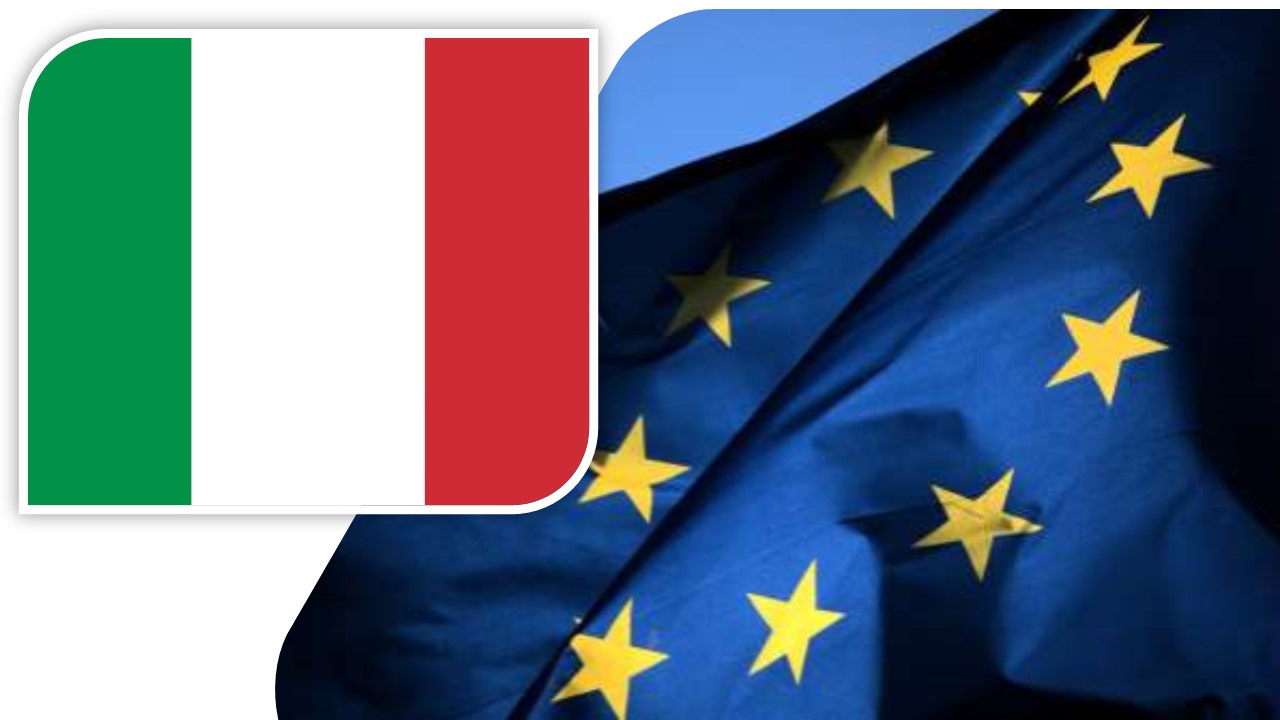EGBA outlines concerns over Italy’s new proposals for online gambling licensing
15.06.2021
Italian authorities should notify to the European Commission a new draft law proposing to reduce the number of online gambling licensees in the country by two thirds. Notification enables the Commission to scrutinise and determine whether proposed national laws are in full compliance with EU law.
The Italian authorities are currently working on a new tender for online gambling concessions which will limit the number of online gambling licensees in the country to 40 and increase online licensing fees to at least €2.5 million from 2023. The draft law has not yet been notified to the European Commission, contrary to the requirements of the so-called notification directive,[1] a process which is intended to ensure that proposed national laws are in full compliance with EU law. The European Gaming and Betting Association (EGBA) has contacted the Italian gambling authority to share its concerns about the proposal and reminded the authority of its duty to notify its proposal to the European Commission.
The tender proposal would reduce the country’s current limit of 120 online gambling licensees to 40, a significant reduction by two thirds, and seeks to increase licensing fees to at least €2.5 million, 10 times larger than the country’s previous licensing fees. Licensing fees would also be determined through an auction process rather than through a fixed licensing fee like in other European countries. The proposal would take effect from 1 January 2023, at the end of the current licensing term, and apply for 9 years. While EGBA appreciates the discretion, within certain boundaries, of Member States to set the cost for gambling licences in their jurisdiction, this is an extremely high concession fee and, coupled with the drastic reduction of the number of online gambling licensees, would be a major barrier to a well-functioning market.
This could potentially also, EGBA believes, weaken the viability of the country’s regulated and licensed online gambling market, in favour of unlicensed operators who can easily be found online by players in Italy.
If the new tender would enter into force unchanged, it could become much more attractive for players in Italy to look for and play with unregulated operators, who would have much better offers and betting odds because they will not have to pay these fees or taxes. Those players would no longer be protected by Italian consumer protection and gambling legislation, which would be contrary to the stated objective of the regulated online gambling market in Italy.
“We have asked the Italian authorities to duly notify the draft legislation to the European Commission. Notification is required by European law, and failure to do so will render the law inapplicable to Italian-licensed companies and its citizens. The Commission’s careful scrutiny of this proposal is needed, also to make sure that the draft legislation will not be contrary to the consumer protection objectives of the Italian online gambling legislation” – Maarten Haijer, Secretary General, EGBA.
[1] The TRIS system requires EU member states to notify the European Commission about newly proposed national legislation so the Commission can verify its compatibility with EU law.
About the European Gaming and Betting Association (EGBA)
The European Gaming and Betting Association (EGBA) is the Brussels-based trade association representing the leading online gaming and betting operators established, licensed and regulated within the EU, including bet365, Betsson Group, Entain, Kindred Group, and William Hill. The Swedish Trade Association for Online Gambling (BOS) is also an affiliate member. EGBA works together with national and EU regulatory authorities and other stakeholders towards a well-regulated and well-channeled online gambling market which provides a high level of consumer protection and takes into account the realities of the internet and online consumer demand. EGBA member companies meet the highest regulatory standards and have 145 online gambling licenses to provide their services to 16 million customers in 17 different European countries.

